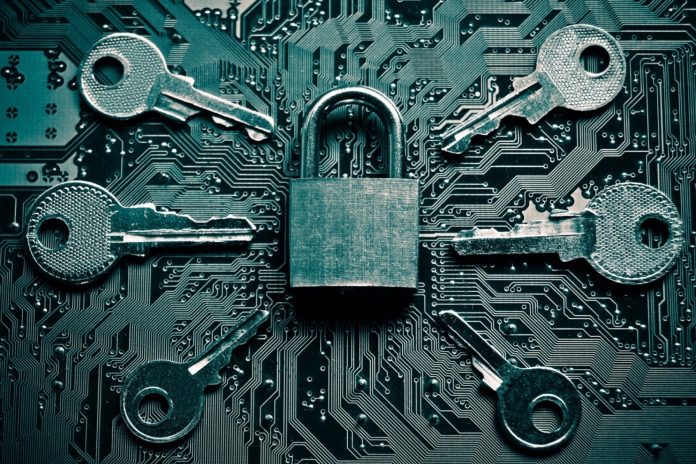As more companies begin their digital transformation to adapt to the never-ending progress of the digital age, so to does more and more job roles begin to rely more heavily on technology.
For example, employees’ data (salaries, personal details, etc) that once used to be written in thick stacks of log books kept for years are now stored on digital drives and databases. A quick keyword search can pull up all the information you need. More importantly, the use of online shared drives and collaboration applications means information can be accessed anytime, anywhere on any digital device.
Without a doubt, the introduction of digital devices, storage, and sharing systems have made business organisation infinitely more convenient and simple. However, digital systems bring with them their own share of risks and threat that we must adapt to.
More details regarding these sort of threats can be seen in a recent research commissioned by Kaspersky Lab, which surveyed 7,000 employed adults from December 2018 to January 2019 across the Malaysia, the UK, US, France, Spain, Germany, Italy, Brazil, China, Mexico, Japan, South Africa, Russia and Turkey who work in an office and use computers.
The research found that easy access to digital files could allow former employees to use the data for their own purposes. They may accidentally edit, delete or damage a document shared with others in the organisation, or even use this information in their new workplace.
Even worse, if an employee has left the organisation on a bad note, there is a chance they may tamper with the data or release the data online. While most employees still have enough dignity and pride to avoid taking petty vengeance during such situations, the chance of it happening still exists. This not just requires time and effort to recover data lost, but also poses a security threat to intellectual property involved.
HR can help contribute to strengthening the digital security of an organisation.
For instance, HR teams can help IT develop and disseminate security procedure guidelines. These guidelines can be used to train other HR staff and employees on cyber security protocols. This is especially imperative for new employees just joining the company.
HR should encourage employees to make backups of information often, especially when it comes to email correspondence with clients and customers. HR should also have confidential information backed up in a safe folder to ensure no unnecessary access is granted. Additionally, HR teams should ensure that new employees have not brought any sensitive data or information with them from their previous place of employment.
The online accounts of former employees should be closed as soon as possible. They may contain sensitive information and leaving them open leads to greater risk if said former employee holds any malicious intent.
HR teams must also be responsible for stressing the disciplinary repercussions for employees that do not comply with security guidelines. While the threat of a cyber security attack can never be completely eliminated, the risks can be minimised through effective employee management.






















